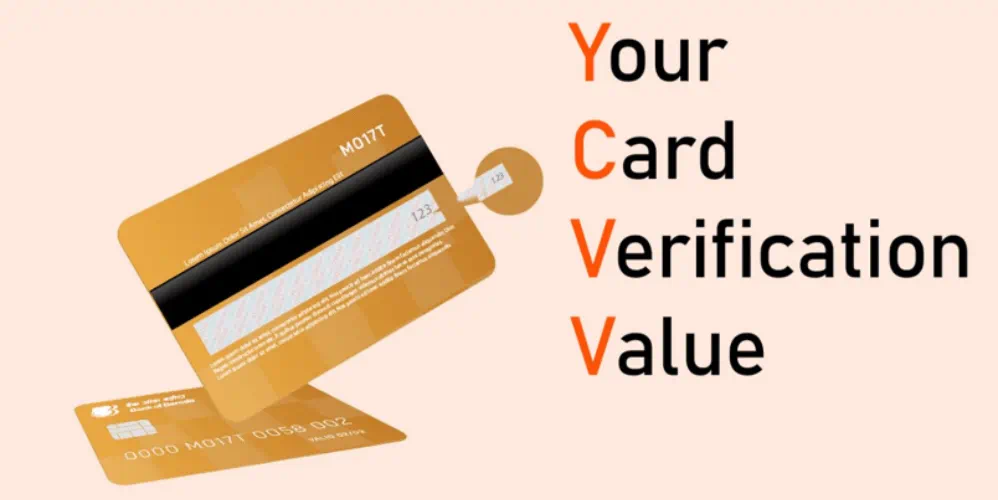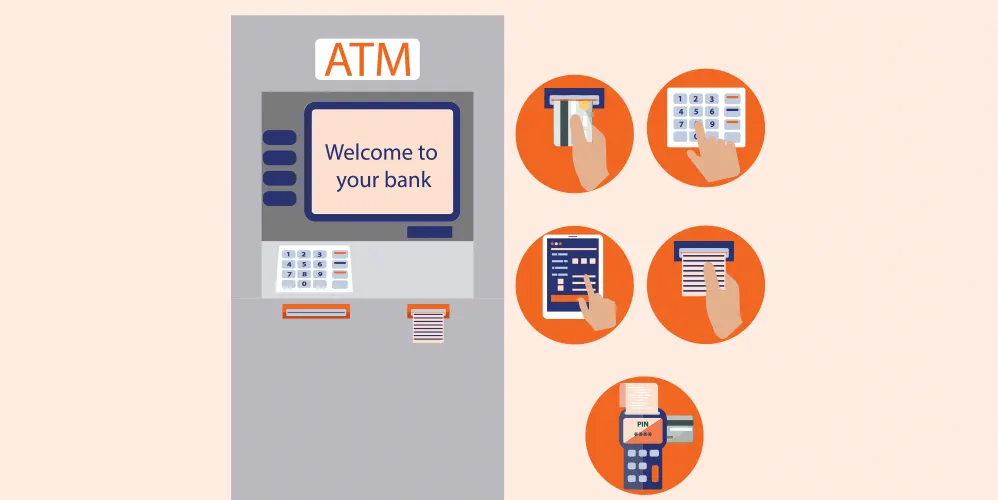
विद्यार्थी ऋण को तत्काल चुकाने हेतु 6 उत्कृष्ट युक्तियाँ
10 नवम्बर 2022

Table of Content
An education loan is truly a boon for students who want to pursue higher studies but cannot afford to do so on their own. Many people end up selling family assets - such as gold – in order to pursue their higher studies. With the help of an education loan, you can protect these valuable assets and still not miss out on studying further.
Education loans may be collateral-based or collateral free. Major lenders in the country offer a range of education loans designed to fund a variety of courses. Whichever type of education loan you choose to take, you need to have a steady repayment plan in place. This way, you will be able make your monthly payments without defaulting. If you need some advice in student loan management, you have come to the right place. Let’s take a look at a few tips that will help you successfully repay your student loan debt.
Tips On How To Manage Student Loan Debt
Planning to take a student loan soon? Read on for some helpful tips on how to deal with student loans.
Choose the right repayment plan
The best way to handle student loans is to choose the right education loan repayment plan. Your lender will offer you a choice of repayment options. Choose the one that best suits your budget. You need to keep in mind how long your moratorium is. This way, you know how much time you have on hand to find a job and save up before your first EMI begins. Also, do think about how much you can expect to earn in your first job. All of this will help you figure out the right tenure and EMI. Without this kind of planning, you may end up choosing a much higher EMI that might be heavy on your pocket.
Opt for a shorter loan tenure
A great way to manage student loans is by opting for a short tenure. A shorter tenure might see you pay higher EMIs, but it will also help you save a lot in interest paid towards your loan. Now, this does not mean that you go beyond your means and choose unaffordable EMIs. Rather, choose the shortest possible tenure that you can manage. You can use an education loan EMI calculator to help you understand the monthly payments you can afford.
Set up automatic payments
Missing out on loan payments can really be detrimental to your financial health. It can affect your credit score and see you end up paying up late fees too. To avoid missing out on payments, simply set up automatic debits from your savings account. These payments will go out like clockwork and save you from paying any missed EMI penalties. Regular payments will go a long way in helping you maintain a healthy credit report. A good credit report, in turn, comes in handy when you apply for loans in the future.
Pay off interest during the moratorium
When you take an education loan, your payments do not begin as soon as you get the funding. They begin after the moratorium period is complete. The moratorium is a period of 6 months or 1 year that begins when you complete your course. While your payments do not start until the end of the moratorium, the interest on your education loan begins to accumulate from the moment you receive the funding. So, it would be wise to start making payments towards this interest while you are still studying. This is, perhaps, the best student debt advice anyone will give you.
You may want to consider getting a part-time job while you are still in college. You can put the income from this job towards paying your education loan. If you pay off this simple interest early on, you will make a huge saving in the overall amount that you need to repay your lender. If you are wondering what kind of a part-time job to get, choose something that will not stress you out too much. You can try to turn a hobby into a source of income. For example, if you play a music instrument, you can consider giving classes. You can even consider teaching lower grades of the subject you are studying.
Make extra payments towards your loan
Did you receive a bonus at work? Or perhaps, you got some money as a gift from family. If you receive some extra cash, you might want to consider making larger payments towards your student loan. This is a great way to ease the burden of repayment overall. In fact, making larger payments towards your student loan can even help you close your loan early. This is one of the best tips that will help you manage education loans successfully. However, do be sure to check whether your lender charges you any pre-payment penalty. You can ask your lender whether they have any penalties or find out from the fine print before you go ahead with your loan application process.
Think about refinancing your education loan
It is quite possible that you have debt apart from your student loan. For example, you may have credit card bills and a car loan too. If that is the case, you may want to consider refinancing to be able to better manage your loans. You can explore options of refinancing your student loan with a lender who offers you a better interest rate. This way, your payments will not be a burden. Life can be unpredictable, and you may have sudden expenses that crop up while repaying your education loan. So, even the smallest amount of money that you save in interest can go a long way in helping you. Explore options of refinancing and transfer your loan if you get a better deal.
Bank of Baroda Education Loans
Bank of Baroda offers you education loans at attractive interest rates. You can choose from a range of tenures up to 15 years for easy and comfortable repayment. We offer you options of secured and unsecured education loans. Bank of Baroda makes borrowing easy. We understand that you have a lot to deal with when it comes to preparing for entrance exams and admissions and we want to simplify the process of funding for you.
You can make use of our student loan EMI calculator tool to understand the EMIs you can expect to pay each month. If you need any specific help in planning or understanding your education loan, our staff will be more than happy to assist you. Choose a Bank of Baroda education loan today and let your dreams soar to the skies. Get in touch to know more.
All the best!
Popular Articles
Related Articles



What is CVV on a Debit Card? Understanding Its Importance and Security Features


How to Update Your FASTag KYC: Step-by-Step Guide for Online & Offline Methods




The Importance of Pension Funds: Secure Your Future with Steady Retirement Income

-
डिस्क्लेमर
इस लेख/इन्फोग्राफिक/चित्र/वीडियो की सामग्री का उद्देश्य केवल सूचना से है और जरूरी नहीं कि यह बैंक ऑफ बड़ौदा के विचारों को प्रतिबिंबित करे। सामग्री प्रकृति में सामान्य हैं और यह केवल सूचना मात्र है। यह आपकी विशेष परिस्थितियों में विशिष्ट सलाह का विकल्प नहीं होगा । बैंक ऑफ बड़ौदा और/या इसके सहयोगी और इसकी सहायक कंपनियां सटीकता के संबंध में कोई प्रतिनिधित्व नहीं करती हैं; यहां निहित या अन्यथा प्रदान की गई किसी भी जानकारी की पूर्णता या विश्वसनीयता और इसके द्वारा उसी के संबंध में किसी भी दायित्व को अस्वीकार करें। जानकारी अद्यतन, पूर्णता, संशोधन, सत्यापन और संशोधन के अधीन है और यह भौतिक रूप से बदल सकती है। इसकी सूचना किसी भी क्षेत्राधिकार में किसी भी व्यक्ति द्वारा वितरण या उपयोग के लिए अभिप्रेत नहीं है, जहां ऐसा वितरण या उपयोग कानून या विनियमन के विपरीत होगा या बैंक ऑफ बड़ौदा या उसके सहयोगियों को किसी भी लाइसेंसिंग या पंजीकरण आवश्यकताओं के अधीन करेगा । उल्लिखित सामग्री और सूचना के आधार पर किसी भी वित्तीय निर्णय लेने के लिए पाठक द्वारा किए गए किसी भी प्रत्यक्ष/अप्रत्यक्ष नुकसान या देयता के लिए बैंक ऑफ बड़ौदा जिम्मेदार नहीं होगा । कोई भी वित्तीय निर्णय लेने से पहले अपने वित्तीय सलाहकार से सलाह जरूर लें।
शिक्षा ऋण पर संपूर्ण मार्गदर्शिका
शिक्षा ऋण एक प्रकार का ऋण है जो उच्च शिक्षा एवं उससे जुड़े वित्तीय सहायता पहुंचाने के लिए उधार के रूप में लिया जाता है। ये ऋण ट्यूशन, किताबों, आवास और पाठ्यक्रम को पूरा करने के लिए महत्वपूर्ण है एवं इससे अन्य व्यय की लागत भी कवर होती है।
शिक्षा ऋण के लिए आवेदन करने हेतु चरणबद्ध मार्गदर्शिका
हम सभी ने सदियों पुरानी कहावत सुनी है कि बेहतरीन करियर और सफल जीवन का मार्ग गुणवत्तापूर्ण शिक्षा के माध्यम से प्रशस्त होता है। उच्चतर शिक्षा की डिग्री से करियर के कई रास्ते खुल जाते हैं और आपको अपने वित्तीय भविष्य को सुरक्षित करने में मदद मिलती है। लेकिन कॉलेज और विश्वविद्यालय की फीस की लगातार बढ़ती लागत के कारण, छात्रों और माता-पिता के पास उच्च अध्ययन के लिए शिक्षा ऋण लेने के अलावा और कोई विकल्प नहीं रह जाता है। शिक्षा ऋण, उच्च शिक्षा से संबंधित कई खर्चों को कवर करते हैं जैसे ट्यूशन और परीक्षा शुल्क, छात्रावास शुल्क (यदि लागू हो), पुस्तकों और उपकरणों की लागत, वाहन शुल्क इत्यादि।

